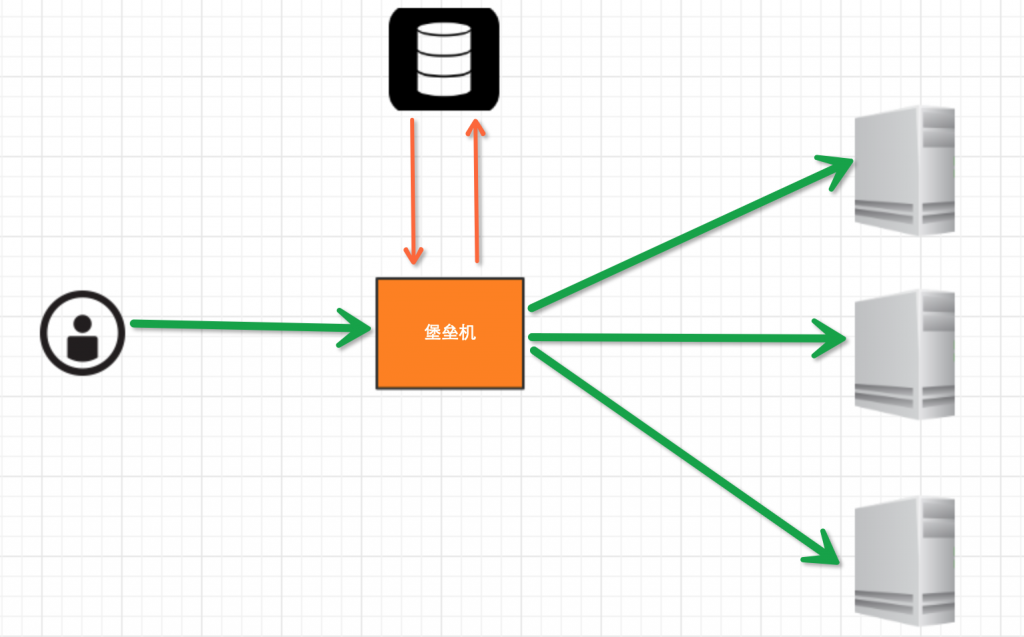不是因为生活太现实,而对生活失望;而是知道生活太现实,所以更要用心的活下去。给自己一个拥抱。
本文实例讲述了python通过zlib实现压缩与解压字符串的方法。分享给大家供大家参考。具体实现方法如下:
使用zlib.compress可以压缩字符串。使用zlib.decompress可以解压字符串。如下
#coding=utf-8
import zlib
s = "hello word, 00000000000000000000000000000000"
print len(s)
c = zlib.compress(s)
print len(c)
d = zlib.decompress(c)
print d
示范代码2:
import zlib
message = 'witch which has which witches wrist watch'
compressed = zlib.compress(message)
decompressed = zlib.decompress(compressed)
print 'original:', repr(message)
print 'compressed:', repr(compressed)
print 'decompressed:', repr(decompressed) #输出original: 'witch which has which witches wrist watch'
compressed: 'xx9c+xcf,IxceP(xcfxc8x04x92x19x89xc5PV9H4x15xc8+xca,.Q(Ox04xf2x00D?x0fx89'
decompressed: 'witch which has which witches wrist watch'
如果我们要对字符串进行解压可以使用zlib.compressobj和zlib.decompressobj对文件进行压缩解压
def compress(infile, dst, level=9):
infile = open(infile, 'rb')
dst = open(dst, 'wb')
compress = zlib.compressobj(level)
data = infile.read(1024)
while data:
dst.write(compress.compress(data))
data = infile.read(1024)
dst.write(compress.flush())
def decompress(infile, dst):
infile = open(infile, 'rb')
dst = open(dst, 'wb')
decompress = zlib.decompressobj()
data = infile.read(1024)
while data:
dst.write(decompress.decompress(data))
data = infile.read(1024)
dst.write(decompress.flush())
希望本文所述对大家的Python程序设计有所帮助。
到此这篇关于python通过zlib实现压缩与解压字符串的方法就介绍到这了。没要腐朽没要倒退,你的眼光如婴儿般明亮,请拥抱我吧,让我的生命散发迷人的光彩,直教日月黯然。更多相关python通过zlib实现压缩与解压字符串的方法内容请查看相关栏目,小编编辑不易,再次感谢大家的支持!





